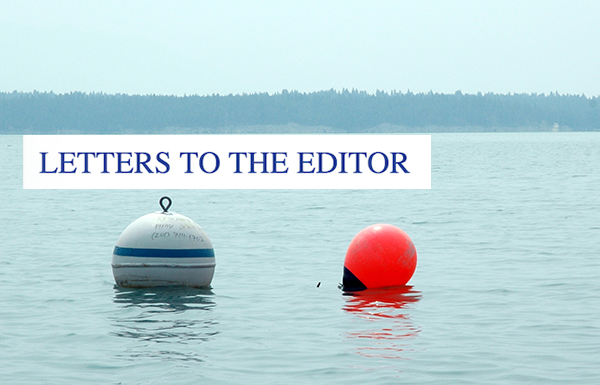Home »

In a challenging year, Columbia River Treaty work continues
Letter to the Editor
On Nov. 26, I was sworn in as B.C.’s new Minister of Forests, Lands, Natural Resource Operations and Rural Development. I was also honoured to return to my role as minister responsible for the Columbia Basin Trust, Columbia Power Corporation and last, but definitely not least, the Columbia River Treaty.
As a long-time resident of B.C.’s Columbia Basin, I know what the Columbia River Treaty means to people in this region, especially those whose lives, livelihoods and cultures have been affected by the treaty. I have spoken with countless people over the years who have seen the effects first-hand and who have expressed the need for improvement. The treaty has benefited the basin by reducing flood risk and increasing generation of clean electricity, but there are other critical issues to consider, like Indigenous values, ecosystem enhancement and regional economic development.
The importance of modernizing the treaty resonates loud and clear with the Canadian negotiating team. In spite of the challenges this year has presented, federal, provincial and Indigenous Nations representatives have made progress, finding ways to move forward in the face of COVID-19 restrictions.
During the ninth round of Canada-U.S. negotiations, held in March 2020 in Washington, D.C., the U.S. tabled a framework for a modernized treaty. In June, negotiators met virtually for the 10th round of talks, during which the Canadian team tabled its own proposal, covering a range of issues, including flood-risk management, power generation, ecosystem function and increased flexibility for Canadian operations. The proposal, developed collaboratively by B.C., Canada and Columbia Basin Indigenous Nations, reflects the expectation that a modernized treaty must be mutually beneficial to both Canada and the United States.
It is important to note Canada’s proposal drew on the input received over the years from the basin’s Indigenous Nations, local governments and residents. We are listening, and we rely on your contributions.
In early December, three members of the U.S. House of Representatives tabled a resolution asking that the Trump administration give notice to terminate the treaty. It is worth emphasizing there has not been a 10-year termination notice issued to date. If such a notice were issued, we would work with Canada and basin Indigenous Nations to determine our next steps.
For now, we remain confident negotiations will continue because it is in the best interests of both countries to do so.
In the meantime, there is much work to be done at home.
Indigenous Nations continue to lead efforts to enhance ecosystems in the basin and explore the feasibility of restoring salmon to the Upper Columbia River. Local governments are focusing on socio-economic objectives to be considered in a modernized treaty. Our government is addressing community concerns related to the treaty and supporting initiatives across the basin, be they in Nakusp, Creston, Jaffray, Golden or Valemount, and aiding in the development of a heritage touring route, as one way to acknowledge what was lost as a result of the treaty dams.
In the new year, we will continue to engage basin communities about the treaty and related issues.
This is a critical time, not only for the basin, but for the whole province. It means a great deal to me to be part of the efforts to ensure we have a treaty that benefits our region.
For now, I want to wish everyone a wonderful holiday season and thank you for making your voices heard.
Katrine Conroy,
Minister Responsible for the Columbia Basin Trust, Columbia Power Corporation and the Columbia River Treaty







